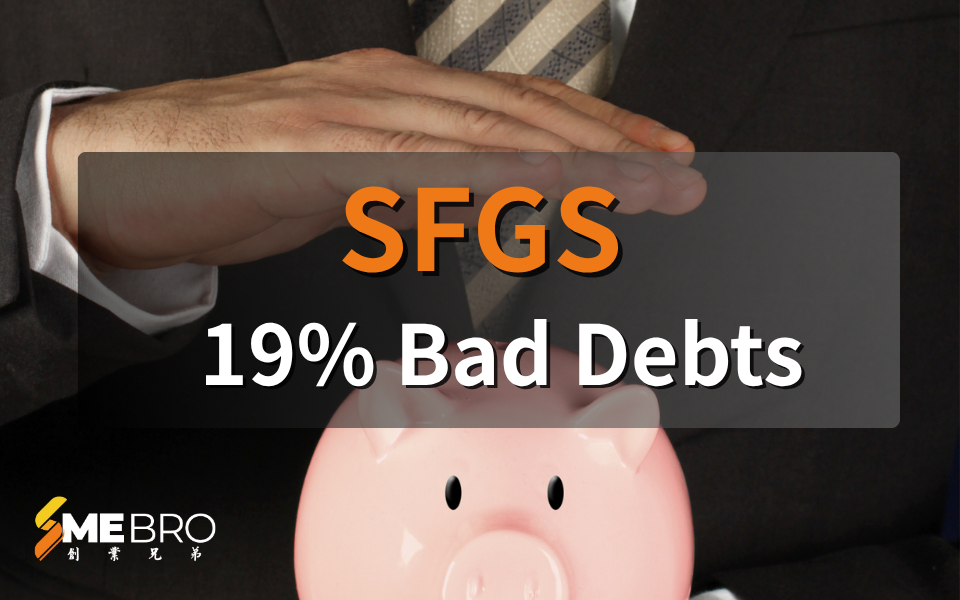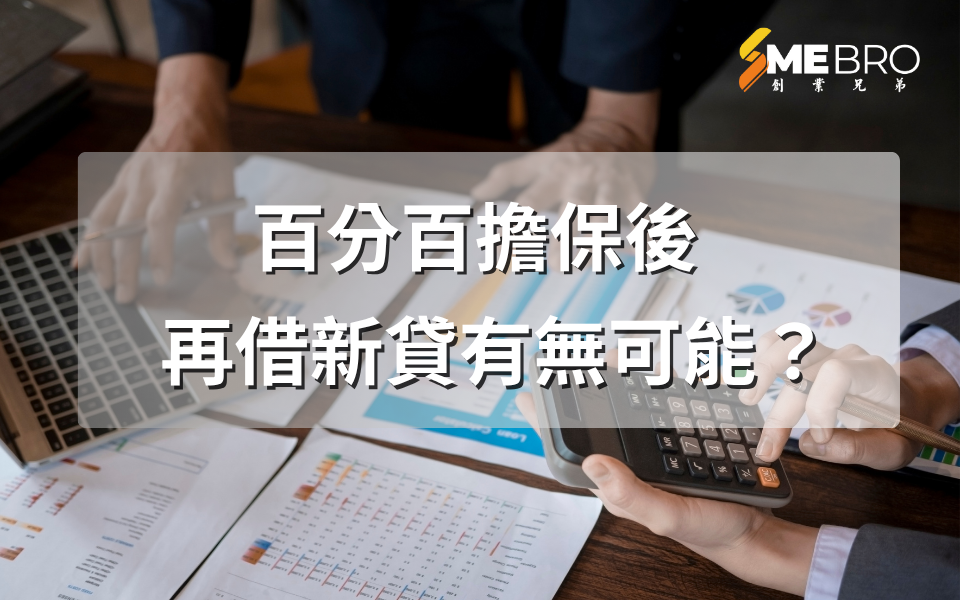A Hong Kong scheme designed to alleviate pandemic-induced unemployment, the "100% Personal Loan Guarantee Scheme," is facing a severe test. Latest data reveals the plan's bad debt ratio has climbed to a startling 19%, far exceeding levels typical of conventional market loan products, with expectations that "the bad debt ratio will climb further."
Managed by the Hong Kong Mortgage Corporation Limited (HKMC) and backed by a full government guarantee, the scheme was launched during the pandemic to assist unemployed individuals. It allows applicants to borrow up to HK$80,000 for urgent needs. However, the slow pace of economic recovery has left many borrowers unable to repay their debts. Adding to the controversy, some netizens have publicly stated on social media that they have no intention of repaying their loans before emigrating overseas, treating the government guarantee as "free money."
While such cases may be in the minority, they undoubtedly add a complex dimension to the persistently high bad debt rate. Reports from HKMC further substantiate the escalating risk trend, explicitly stating that bad debt figures are expected to continue rising.
The scheme has approved total loans amounting to approximately HK$4 billion to date. With a 19% bad debt rate, the potential losses are substantial. Although the government bears the ultimate risk backed by its fiscal strength, such a high proportion of non-performing loans undoubtedly sounds an alarm about the effective use of public resources.
An emergency relief measure conceived with good intentions now finds itself in a predicament, caught between prolonged economic weakness and isolated instances of moral hazard. As the "100% guarantee" encounters nearly one-fifth of loans going unrecovered, the challenge for policymakers becomes striking a balance between goodwill during extraordinary times and fiscal prudence.



